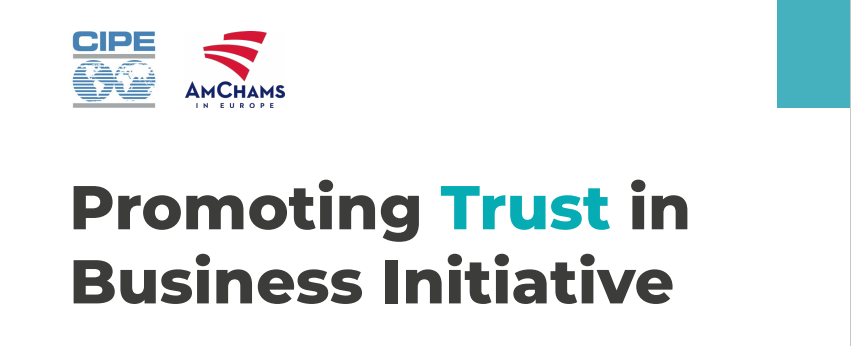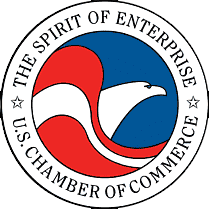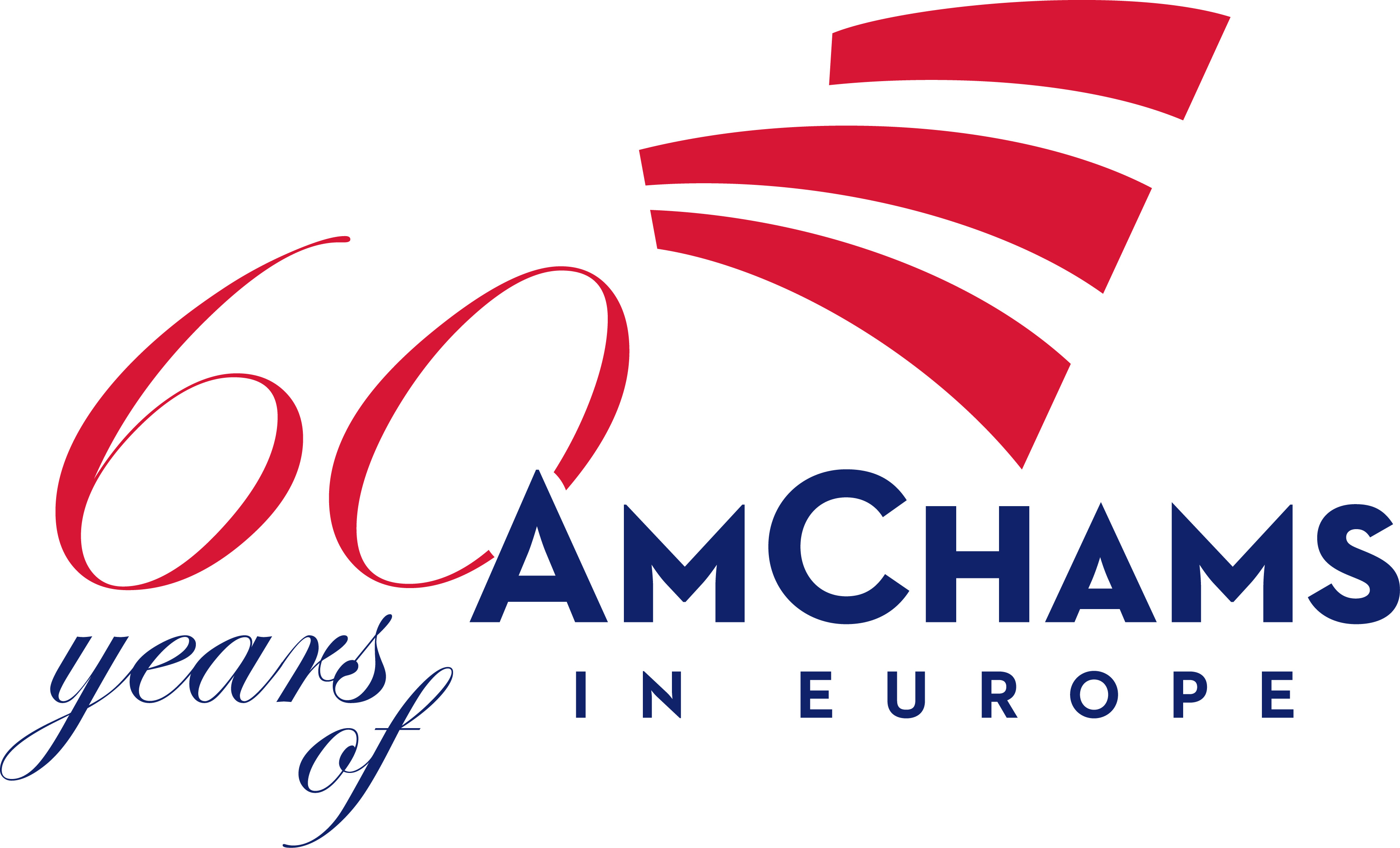Many future-oriented businesses are implementing environmental, social, and governance (ESG) standards to give back to their local communities, ensure their own development, and build trust-oriented organizations.
The Center for International Private Enterprise (CIPE) and AmChams in Europe in summer this year presented the Promoting Trust in Business Initiative, part of a larger effort by CIPE to strengthen trust in business and market institutions around the globe.
They collected the feedback from all AmChams about how American, European or local companies contribute to the development of local communities by contributing to the ESG factors, and AmCham BiH applied with two great examples from our two members: Ekopak and Prevent CEE (Prevent Fabrics).
We are happy to announce that both of our members got to the final stage which means that they had a chance to show to the wider european public their great examples of implementation of ESG standards!
From Bosnia and Herzegovina, the companies Ekopak and Prevent CEE (Prevent Fabrics) proved to be one of the most successful examples of such practices in Eastern and Southeastern Europe.
The final presentation of these best practices was shown through the virtual presentation held on November 30th 2021 and through the e-brochure which was distributed to companies and organizations. The brochure consists of 8 best practices and case studies of how companies and organizations operating in Eastern and Southeastern Europe increased trust in business within their local communities by implementing environmental, social, and governance (ESG) criteria.
Link: Trust-in-Business-Brochure-FINAL.pdf (amcham.si)
Ekopak Case Study
For ten years, Ekopak has been actively working on developing a packaging waste recycling system adapted to the best European practices and for the good of the whole community. So far, Ekopak has contributed to recycling nearly 90,000 tons of packaging waste through coordination among the packaging members and supplying recycling infrastructure. The packaging that would have ended up discarded in nature or disposed in landfills ended up in the recycling process, where packaging waste was given new value.
Until now Ekopak has been invested in sorting and recycling infrastructure in 19 municipalities in BiH. The emphasis was put on spreading awareness and educating children about the importance of recycling and environmental protection through Ekopak’s educational projects. More than 60,000 citizens, the majority children from schools and preschools, have participated in Ekopak’s projects, and were educated on the importance of recycling. Spreading awareness with a far-reaching campaign should have a longterm impact on the amount of landfill waste and the recycling culture in BiH.
For this occasion, Ekopak's director Mrs. Amela Hrbat said:
"It is a great honor for me and my team from Ekopak to receive such great recognition from AmCham Europe. The fact that more than a hundred AmCham member companies from Europe applied to AmCham Europe for the presentation of good examples and practices of social responsibility and that our work was chosen among the top eight shows the commitment of Ekopak in fulfilling its mission and goals. We have been dedicated for ten years to the development of packaging waste recycling systems and recycling in line with European best practices and for the benefit of the entire community. When we started working in 2012, we met the goal of 8% of packaging waste submitted for recycling and recovery and today that percentage is more than 35%"
She added that "Ekopak" is present in 19 municipalities in the Federation of BiH where they also invested in infrastructure for sorting and recycling of packaging waste.
"In parallel with our activities we worked on raising the awareness of citizens, especially children of preschool and school age about the importance of recycling and environmental protection in general. So far, more than 70,000 citizens, mostly children, have gone through our various projects. We have established cooperation with many educational institutions, from kindergartens to colleges. In total, from 2012 to 2021, we collected and handed over for recycling about 100,000 tons of packaging waste and we achieved all that with only four employees, at the lowest sustainable costs and for the benefit of the whole community, which we are especially proud of" said Hrbat.
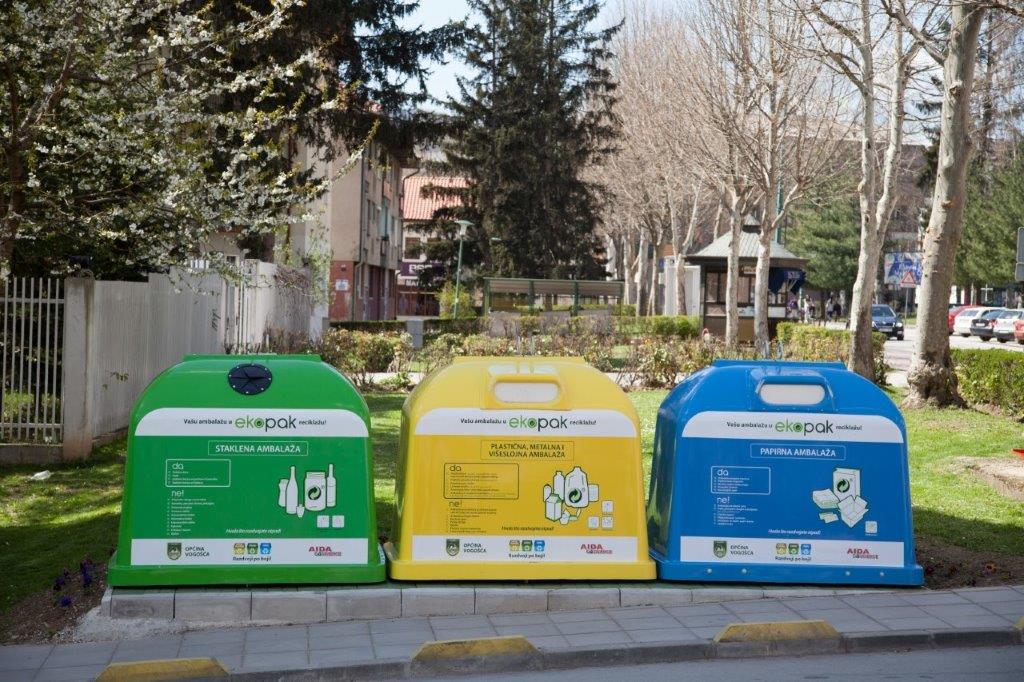
Prevent Fabrics Case Study
Investment in equipping production plants with innovative technological solutions and process allowed Prevent to deliver products with better quality and lower costs. The new operating model also reduced the company’s carbon footprint by 40% (simply replacing virgin polyester with recycled polyester reduces the carbon footprint by 20-30%). The share of recycled materials in Prevent’s products stands at 5.22% and is rising. The company is currently in the development and approval phase several products with a 100% share of recycled materials.
Furthermore, energy efficiency and recycled polyester enable more efficient marketing of products as they meet the EU's environmental standards and appeal to a wider consumer base. Prevent's experience shows that switching to more sustainable production models makes financial sense in times when green is becoming the norm. Recycled products are easier to market as companies with sustainable business models have a comparative advantage due to changing consumer preferences. In the long term, engaging in a circular economy will become an imperative for all companies, but those that realize and act on it early will benefit the most.
Prevent Fabrics realized that sustainable investment in manufacturing infrastructure and innovation can be a driver of growth, and technological progress is key to finding lasting solutions to economic and environmental challenges. The sustainable approach that the company strategically chose contributes not just to its bottom line but to societal prosperity and builds trust between the local community and the company. Offering sustainable products at affordable prices, while facilitating sustainable value chains, is a winning business proposition.
„Consumer awareness of sustainability is on the rise globally, with the majority of consumers saying they expect brands to do what is right. The use of recycled raw materials aligns with the larger movements of global industries toward a circular economy (vs. linear) and working to achieve a closed-loop production cycle. As more and more governments introduce policies that encourage recycling and reuse, and as consumer awareness around sustainability continues to grow, companies that adopt circular business models will find themselves at a clear business advantage. Circularity will mean a better Economy for all of us. This is not just an environmental issue. It simply makes social and economic sense to make better use of scarce resources by designing a system to avoid waste and keep materials in use for longer“ said Aida Ganić, director of Prevent Fabrics.
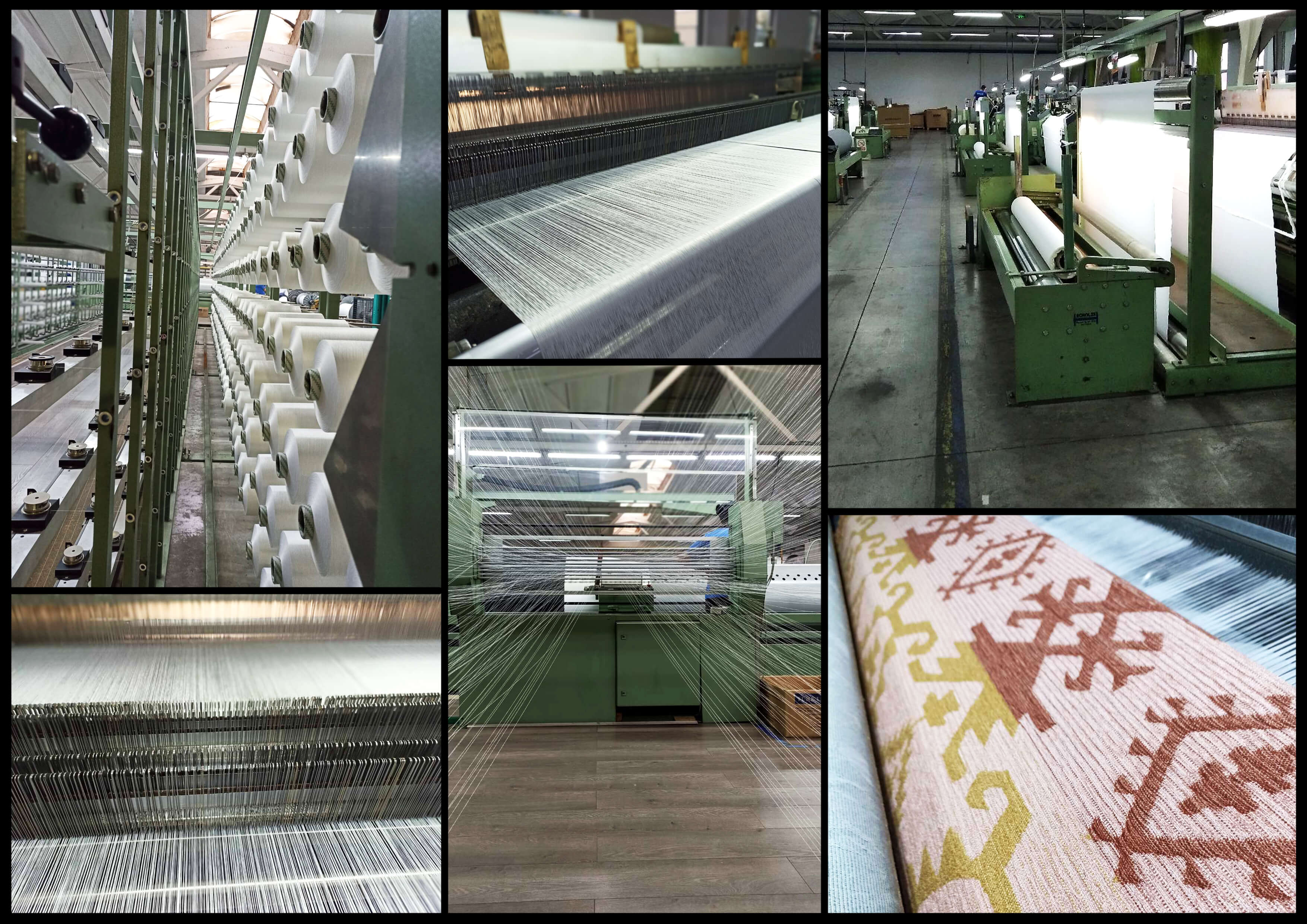
About CIPE
The Center for International Private Enterprise (CIPE) is a non-profit international affiliate of the United States Chamber of Commerce and a core institute of the National Endowment for Democracy. Founded in 1983, CIPE’s mission is to strengthen democracy around the globe through private enterprise and market-oriented reform, fulfilling our vision of a world where democracy delivers the freedom and opportunity for all to prosper. CIPE does this by partnering with local business associations, chambers of commerce, universities, think tanks, and advocacy groups to advance democratic and economic reforms worldwide. CIPE is headquartered in Washington, D.C. and currently has regional offices and representatives in more than a dozen countries, as well as a vast network of partners past and present. A wide range of donors directly support CIPE’s work, and CIPE regularly collaborates with other international development and democracy organizations to carry out joint projects.
About AmChams in Europe
AmChams in Europe is an umbrella organization uniting 46 American Chambers of Commerce in 44 countries in Europe and Western Asia. As a bilateral voice of American and European companies, the organization communicates the importance of the transatlantic economy, which facilitates over 20 million jobs around the globe and accounts for over $11 trillion in investment.









